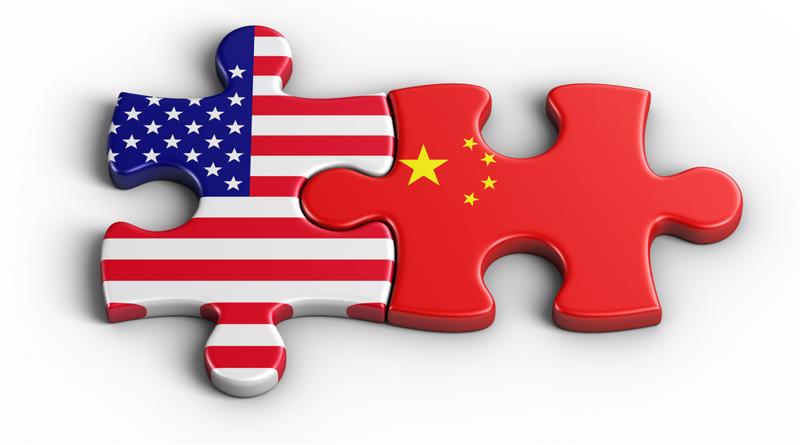For some time now, concerns have been brewing about how the international supply chain would be impacted by a full-scale trade war between the U.S. and China. While some volleys have been passed back and forth between the countries, with the potential for more to come, things have been relatively muted to date. With that in mind, companies are nonetheless adapting so that they're prepared for just about any eventuality.
Just in case a more significant trade war erupts, a number of companies based in the U.S. with manufacturing or production centers in China have at least begun shaking up their current supply chains so they can make their products in other foreign nations as well, according to CNBC. However, it's worth noting that in most cases, those companies are unlikely - at best - to withdraw operations from China completely.
There's a simple reason for that situation: Some materials or components that cannot be sourced anywhere else, at least not at a price that makes sense for manufacturers and, by extension, their customers or partners, the report said. Moreover, the fact is that the supply chains these companies have invested massive sums of money setting up can't just be uprooted and moved to entirely different countries with any sort of ease.

At the same time as some firms are being proactive about setting up contingencies, a recent poll from DHL Resilience360 shows just how much of a challenge of these efforts. Nearly half of all companies in the engineering and manufacturing sectors with operations in China say they have no backup plans in place if the trade war escalates, and the same was true for about 2 in 5 companies in the automotive sector.
Overall, there are companies in many industries that would face little to no effect from such a situation, but manufacturers and automakers are among those that have likely already taken a hit, the report said. Indeed, it may simply be easier for them to take the hit than find new solutions on relatively short notice. As such, 43% of respondents with long-running relationships with Chinese suppliers and factories cited cost and time as major factors behind their decisions. This despite the fact that 92% expect the tariffs in such a dispute to linger long-term.
Reason for hope
While some companies are fretting for obvious reasons about the implications of a protracted trade war, experts now say the strength of today's supply chains are actually part of the reason why this might not last as long - or be as significant - as some believe, according to Knowledge at Wharton. It's not as though companies on the other side of the Pacific aren't facing the same issues as those based in America do now, and it appears as though the complicated nature of establishing and maintaining those chains will keep the trade war from becoming a sort of "deep freeze" for all involved.
Nonetheless, companies should still make sure they at least have the flexibility to react to new developments as they happen so nothing takes them by surprise.



Post A Comment:
0 comments so far,add yours